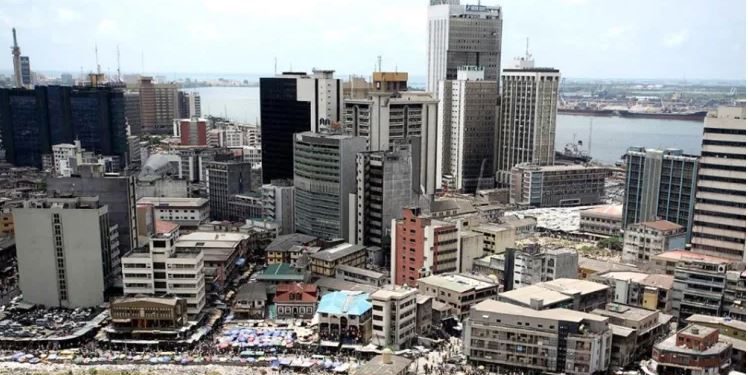Members of the Monetary Policy Committee (MPC) have called for concerted efforts by the Central Bank of Nigeria (CBN) and fiscal authorities to enhance the inflow of Foreign Direct Investment (FDI) into the Nigerian economy. During the last MPC meetings held in Abuja, committee members emphasized the need for strategic reforms to improve the overall investment climate, drawing lessons from other emerging markets such as India, Indonesia, Vietnam, and South Africa.
The personal statements of the MPC members, released over the weekend, highlighted that Nigeria is not unique in facing outflows of portfolio investments, but there are actionable steps that can be taken to reverse this trend. The committee outlined a comprehensive approach to attract more sustainable foreign capital inflows.
Aloysius Ordu, a prominent member of the committee, underscored the urgency of these actions. He stressed the importance of diversifying Nigeria’s export base and boosting oil production, which currently lags behind the OPEC quota. “Nigeria needs urgent actions on this front,” Ordu stated. “Efforts to diversify the export base remain of utmost importance. Measures are warranted to significantly boost oil production from 1.28 million barrels per day, which is well below the OPEC quota of 1.58 million barrels per day, especially as oil prices are above US$80 per barrel. Much more could also be done in the mining sector in view of the country’s rich endowment in mineral resources.”
The MPC members also noted that enhancing infrastructure, improving governance, and ensuring political stability are critical components of creating a favorable investment climate. By addressing these fundamental issues, Nigeria can become a more attractive destination for FDI, which is more stable and beneficial for long-term economic growth compared to portfolio investments.
The call for reforms comes at a time when Nigeria is seeking to rebound from economic challenges exacerbated by global economic conditions and domestic policy uncertainties. The committee’s recommendations aim to provide a roadmap for sustainable economic development through increased foreign investment.
The collaboration between the CBN, fiscal authorities, and private sector stakeholders has been described by Economy Experts as crucial in implementing the proposed reforms and achieving the desired economic outcomes. The focus they say will be on creating an environment that not only attracts foreign investors but also retains and grows their investments for the long-term benefit of the Nigerian economy.















